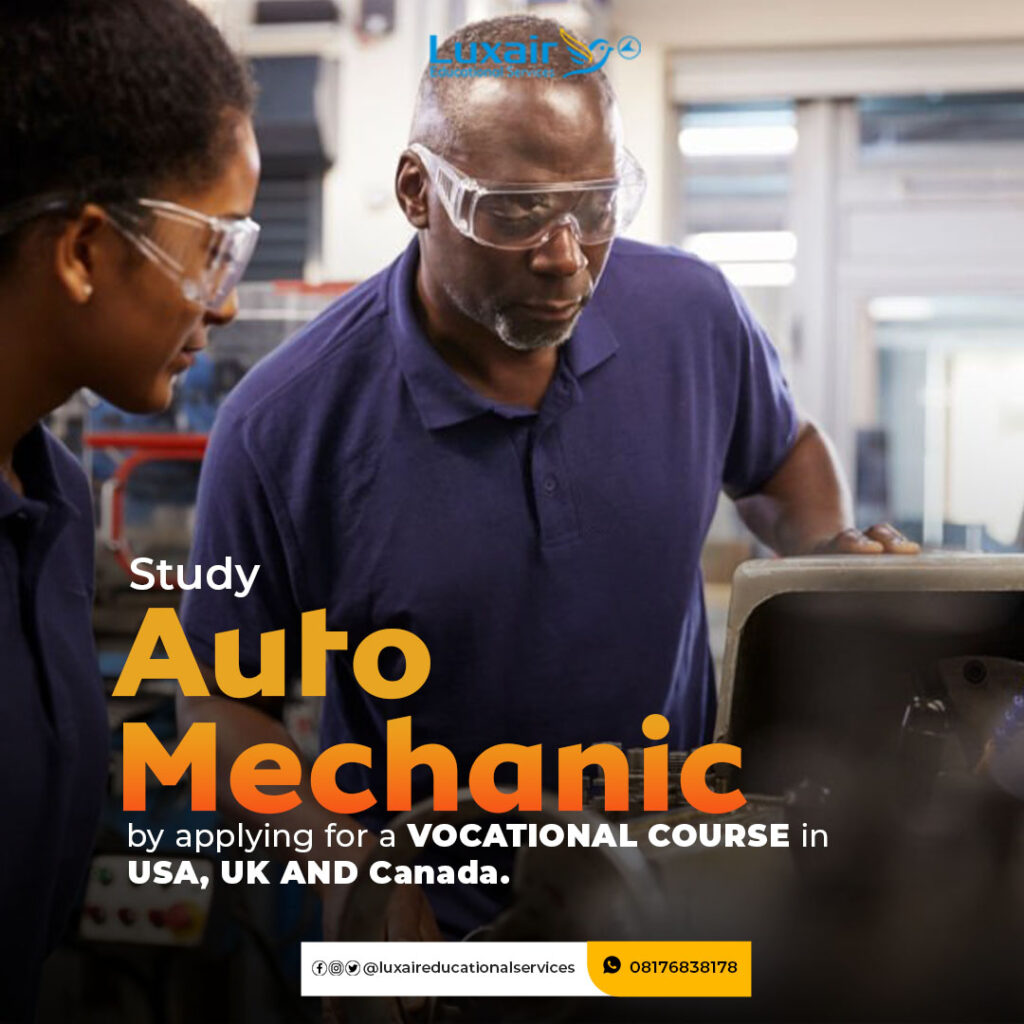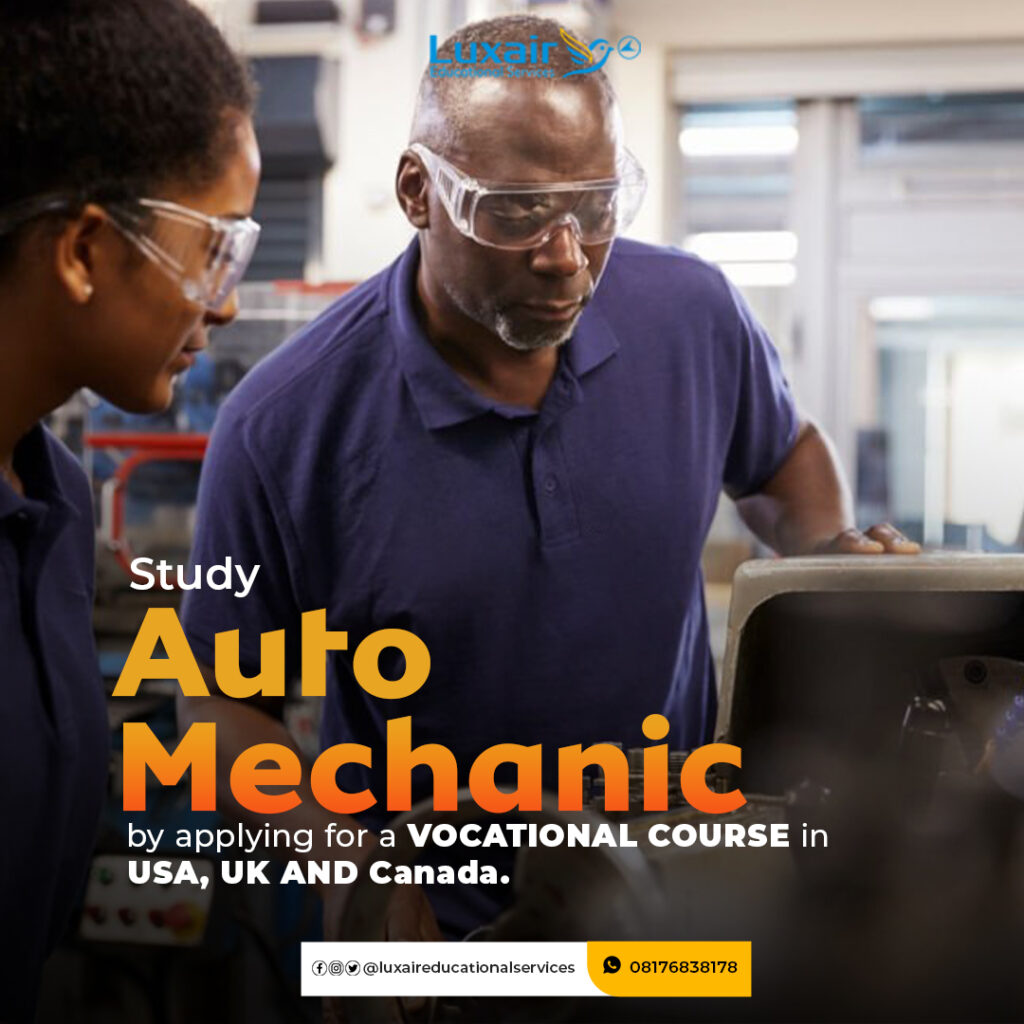There are several career paths you can take in life. Vocational learning opportunities plays a critical role in skill development and employability.
It helps to build theoretical knowledge in a variety of fields.
Vocational training is commonly defined as any training that is specific to a particular occupation. While an academic degree program from a college or university might prepare you to pursue a wide range of entry-level positions within a certain field such as business or IT, vocational training is intended to equip you with the defined competencies (and even certification or licensing) required to pursue a specific position—like hairstylist, constructor, Plumber, electrician, or chef.
A vocational school is an institution that provides occupation-specific training, which can lead to an associate degree, diploma, certificate, or another similar credential. There are many skills that you could earn through vocational training. It includes, but not limited to:





















Vocational and technical schools in Canada are either public or private institutions that provide career training programs, apprenticeship programs, and much more.
These schools can be characterized by the fact that:
- • The majority of training options fall into one of four main categories, which include construction, manufacturing, service, and transportation.
- • Instructors are typically industry-experienced professionals who possess an understanding of the practical abilities and theories required to enter the specific area that they are teaching.
- • Programs are developed with a strong focus on career readiness and generally contain significant hands-on training and opportunities for obtaining real-world experience.
- To Read more click on the link to also see-“What are the Benefits of Attending a Vocational School”
- • Career-focused education—unlike traditional college or university programs, a vocational or technical school program can provide training that is concentrated solely on developing occupation-specific skills and knowledge. Some programs can even prepare you to obtain Red Seal certification, journeyperson certification, or licensing related to a particular profession.
- • Cost-effective training—Since vocational programs tend to cut out the need for general education courses, you can enjoy a more condensed education, which can result in lower costs and less of a time commitment. It is cheaper to fund a vocational course compared to an academic degree programme. It is cheaper than a BSc or PHD Course depending on the type of course.
- • Regularly updated curricula—Vocational training programs are generally developed with direct input from industry employers in order to produce graduates who possess the skills and knowledge needed to meet actual job demands. Because of this, many vocational schools frequently review and refine their curricula.
- • Job-ready programs— by choosing a vocational education over the traditional academic route, you could obtain training that is specifically intended to help you graduate ready to move directly from the classroom into the workforce.
- • Vocational and trade schools provide training in a range of fields that are vital in today’s society.
GET IN TOUCH

